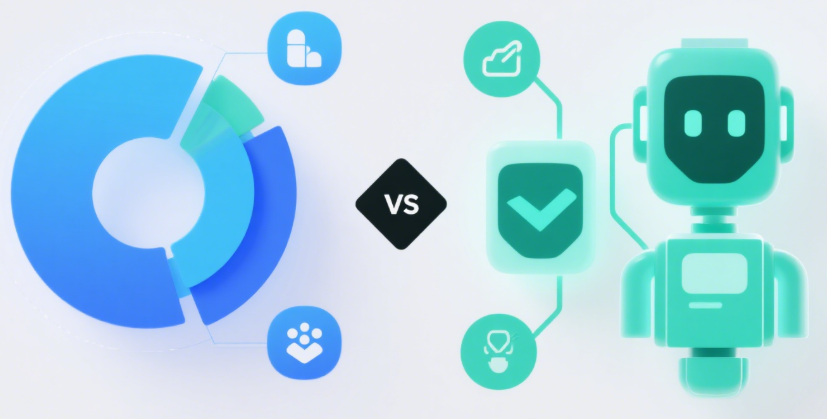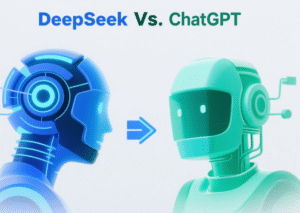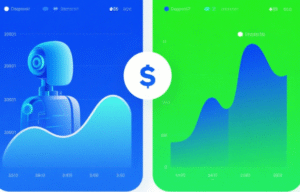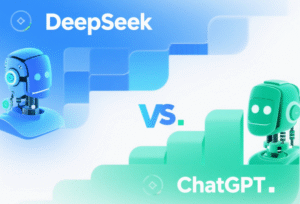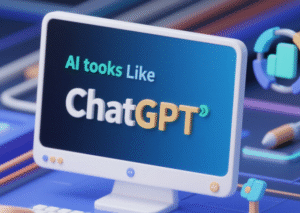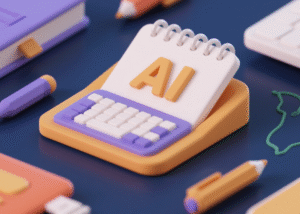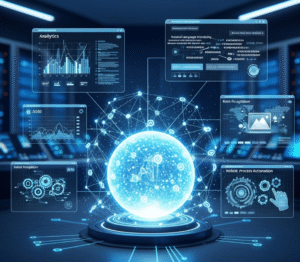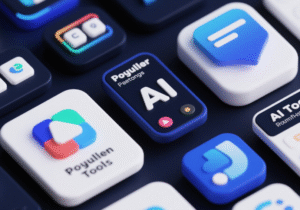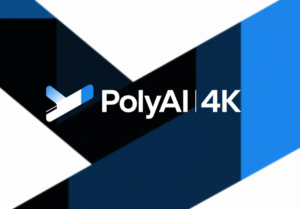In the age of AI-driven job hunting, DeepSeek and ChatGPT are two prominent tools that many job seekers and students turn to for resume writing and career support. Both offer unique strengths, but which one is better for tailoring your resume and maximizing your job prospects? This article breaks down their features specifically for resume use.
DeepSeek for Resume Writing and Job Search
DeepSeek is designed with a strong focus on optimizing resumes for applicant tracking systems (ATS) and job markets, especially for Chinese and global platforms. Its resume-related features include:
- Instant Resume Builder: Quickly generates resumes by pasting your experience; the AI restructures and formats it professionally.
- Keyword Matching: Analyzes job descriptions and tailors your resume with relevant keywords to boost ATS compatibility.
- AI Feedback: Provides suggestions to improve clarity, impact, and formatting.
- Localized and Culturally Aware Phrasing: Enhances resumes with wording suited for specific global hiring trends and cultural expectations.
- Job Matching and Interview Preparation: Beyond resumes, DeepSeek can help find suitable jobs and predict likely interview questions.
Its strength lies in automated, job-specific resume tailoring that saves time and makes every resume ATS-friendly and targeted to the role.
ChatGPT for Resume Writing and Job Support
ChatGPT is a versatile language model that excels at natural language generation, making it excellent for:
- Writing and Refining Resume Sections: Helps draft work experience bullet points, summaries, and skills descriptions with clear, impactful language.
- Customizing Content: Assists in tailoring resume content to match specific job descriptions via prompt-based instructions.
- Adding Metrics and Achievements: Suggests ways to incorporate quantifiable results to make accomplishments stand out.
- Formatting Tips and ATS Optimization Advice: Offers best practices to improve the overall clarity and readability of resumes.
- Career Guidance and Interview Prep: Provides general career advice and practice questions based on industry trends.
While not specialized solely for resumes, ChatGPT’s flexibility allows users to co-create highly personalized resumes through iterative prompting and editing.
Side-by-Side Comparison
| Feature | DeepSeek | ChatGPT |
|---|---|---|
| Focus | Resume tailoring and ATS optimization | Resume content creation and refinement |
| Resume Generation Speed | Fast, AI-driven instant builder | Requires user prompts and iterative edits |
| Keyword Optimization | Built-in keyword matching to job descriptions | Can suggest keywords with proper prompts |
| Localization | Culturally aware phrasing specific to global markets | Generalized language without localization |
| Resume Customization | Automated tailoring based on job description | Manual via detailed user prompts |
| Additional Job Tools | Job matching, interview question prediction | Career advice, interview simulation |
| User Effort Level | Low (paste and generate) | Medium to high (requires guidance) |
| Ideal for | Users needing quick, optimized resumes | Users wanting detailed, iterative edits |
Which Should You Choose?
- Choose DeepSeek if you want a fast, automated solution that ensures your resume is optimized with the right keywords, formatted for ATS, and tailored precisely to job descriptions with minimal effort. It’s especially effective for users applying on Chinese or international platforms where localization matters.
- Choose ChatGPT if you want a flexible assistant that helps you draft detailed, customized resume content, improves language style, and helps add achievements and metrics. It’s ideal for those willing to spend time shaping their resume through back-and-forth interaction.
Some job seekers find combining the two tools most effective—using DeepSeek to generate an optimized baseline resume and ChatGPT to enhance and polish the language and achievements.
This overview helps you evaluate DeepSeek vs ChatGPT’s resume capabilities to pick the AI tool that best matches your job search style and goals in 2025.
